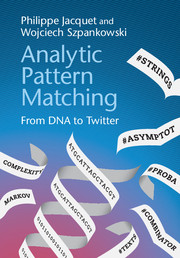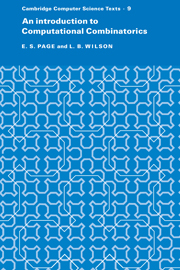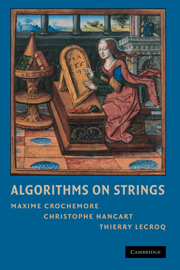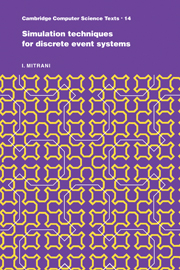Analytic Pattern Matching
How do you distinguish a cat from a dog by their DNA? Did Shakespeare really write all of his plays? Pattern matching techniques can offer answers to these questions and to many others, from molecular biology, to telecommunications, to classifying Twitter content. This book for researchers and graduate students demonstrates the probabilistic approach to pattern matching, which predicts the performance of pattern matching algorithms with very high precision using analytic combinatorics and analytic information theory. Part I compiles known results of pattern matching problems via analytic methods. Part II focuses on applications to various data structures on words, such as digital trees, suffix trees, string complexity and string-based data compression. The authors use results and techniques from Part I and also introduce new methodology such as the Mellin transform and analytic depoissonization. More than 100 end-of-chapter problems help the reader to make the link between theory and practice.
- An in-depth survey of pattern matching problems and methods of sequence analysis
- Gives a powerful methodology for predicting the performance of pattern matching
- Helps students and researchers better understand the link between algorithms and information theory
Product details
July 2015Adobe eBook Reader
9781316308202
0 pages
0kg
40 b/w illus. 110 exercises
This ISBN is for an eBook version which is distributed on our behalf by a third party.
Table of Contents
- Preface
- Acknowledgements
- Part I. Analysis:
- 1. Probabilistic models
- 2. Exact string matching
- 3. Constrained exact string matching
- 4. Generalized string matching
- 5. Subsequence pattern matching
- Part II. Applications:
- 6. Algorithms and data structures
- 7. Digital trees
- 8. Suffix trees and Lempel-Ziv'77
- 9. Lempel-Ziv'78 compression algorithm
- 10. String complexity
- Bibliography
- Index.







